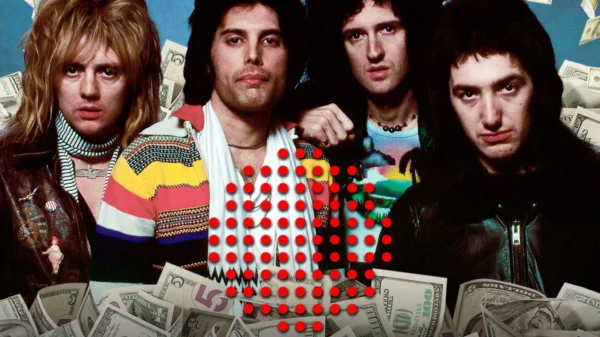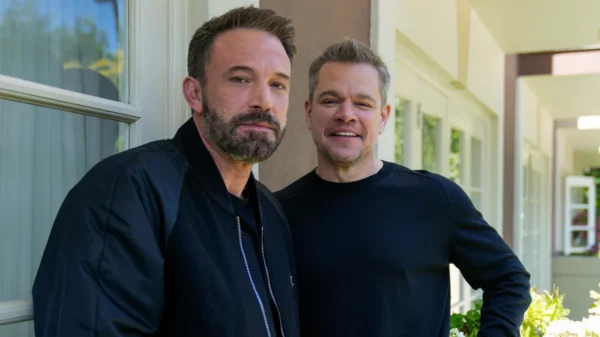In today’s ever-evolving world of music, technology plays a significant role in shaping the way musicians create and perform their art. From innovative instruments to cutting-edge gear and software, there are countless advancements that have revolutionized the music industry. In this blog post, we will explore some of the latest music technology trends that are changing the game for musicians and music enthusiasts alike.
1. Digital Audio Workstations (DAWs):
Digital Audio Workstations, or DAWs, have become an essential tool for musicians, producers, and engineers. These software applications allow users to record, edit, and mix audio tracks with ease. With features like virtual instruments, MIDI sequencing, and advanced audio processing capabilities, DAWs provide musicians with a powerful platform to bring their ideas to life. Some popular DAWs include Ableton Live, Logic Pro, and Pro Tools.
2. Virtual Instruments:
Virtual instruments have transformed the way musicians create music. These software-based instruments emulate the sounds of traditional instruments, allowing users to play and record realistic-sounding performances. Whether it’s a virtual piano, guitar, or drum kit, these instruments offer a wide range of sounds and customization options. With advancements in technology, virtual instruments have become indistinguishable from their physical counterparts in terms of sound quality and playability.
3. MIDI Controllers:
MIDI controllers are devices that allow musicians to control virtual instruments and DAWs using MIDI (Musical Instrument Digital Interface) data. These controllers come in various forms, including keyboards, drum pads, and control surfaces. With features like velocity sensitivity, aftertouch, and assignable knobs and faders, MIDI controllers provide musicians with a tactile and expressive way to interact with their music software.
4. Audio Interfaces:
Audio interfaces are essential for musicians who want to record high-quality audio into their computers. These devices act as a bridge between the analog world of microphones and instruments and the digital realm of DAWs. With features like microphone preamps, instrument inputs, and headphone outputs, audio interfaces ensure low-latency recording and playback, resulting in professional-grade audio recordings.
5. Music Production Software:
Music production software, also known as plugins or VSTs (Virtual Studio Technology), offer musicians a wide range of creative possibilities. These software applications can be used within DAWs to add effects, synthesize sounds, and manipulate audio. From EQs and compressors to virtual synthesizers and samplers, music production software allows musicians to shape their sound and create unique sonic landscapes.
6. Portable Recording Devices:
Portable recording devices have made it easier than ever for musicians to capture their ideas on the go. These compact devices often feature built-in microphones and can record high-quality audio in various formats. Whether you’re a songwriter looking to capture a melody or a field recorder documenting ambient sounds, portable recording devices provide musicians with the freedom to record anytime, anywhere.
7. Live Performance Technology:
Live performance technology has transformed the way musicians engage with their audience during live shows. From MIDI controllers and samplers to loopers and audio effects processors, these tools allow musicians to create dynamic and immersive performances. With the ability to trigger samples, loop sections, and manipulate audio in real-time, live performance technology opens up new avenues for creativity on stage.
In conclusion, the latest music technology has revolutionized the way musicians create, record, and perform. From digital audio workstations and virtual instruments to MIDI controllers and portable recording devices, these advancements offer musicians a wealth of possibilities to explore and expand their musical horizons. Whether you’re a professional musician or an aspiring artist, embracing these technologies can enhance your creative process and take your music to new heights. So, dive into the world of music technology and let your imagination run wild!
Remember, the key to utilizing music technology effectively is to find the tools that best suit your needs and workflow. Experiment with different software, instruments, and gear to discover what works best for you. Happy creating!




































